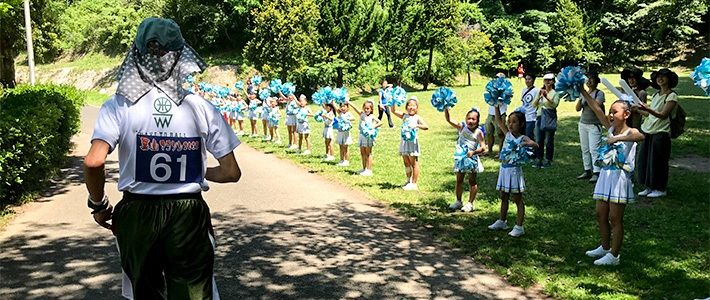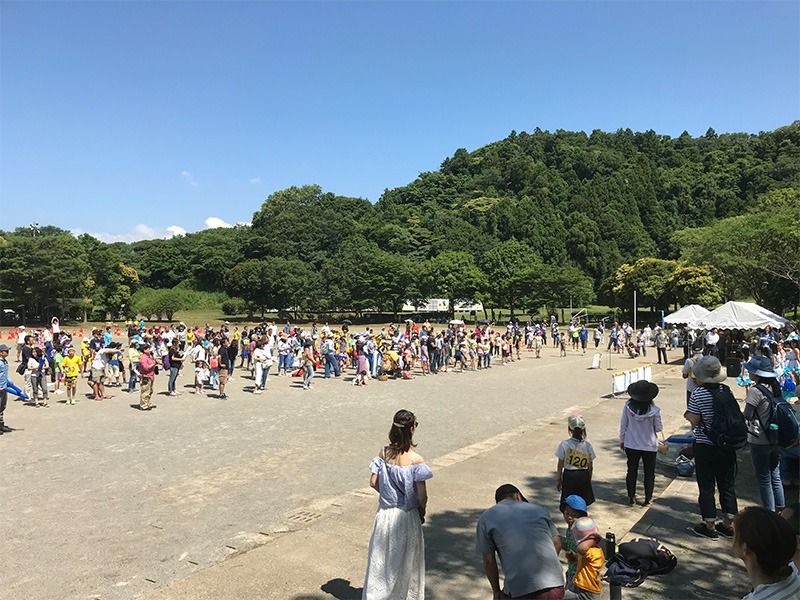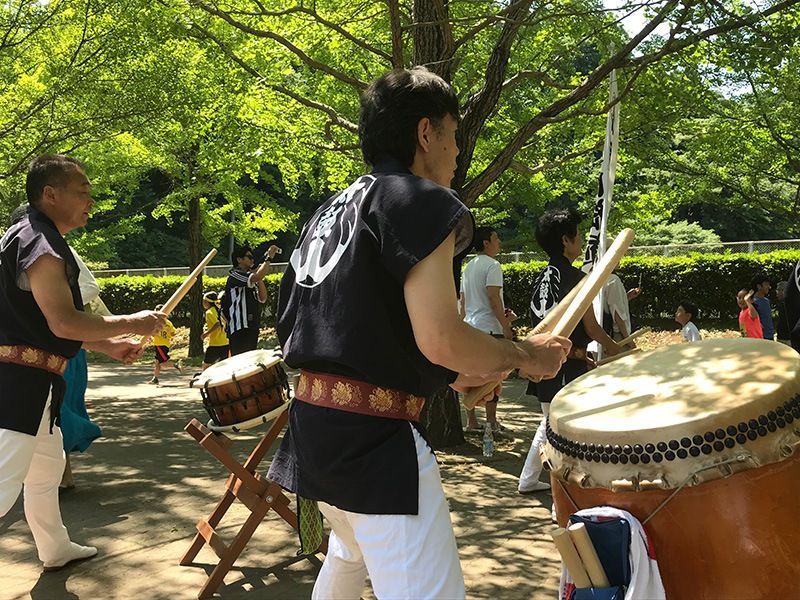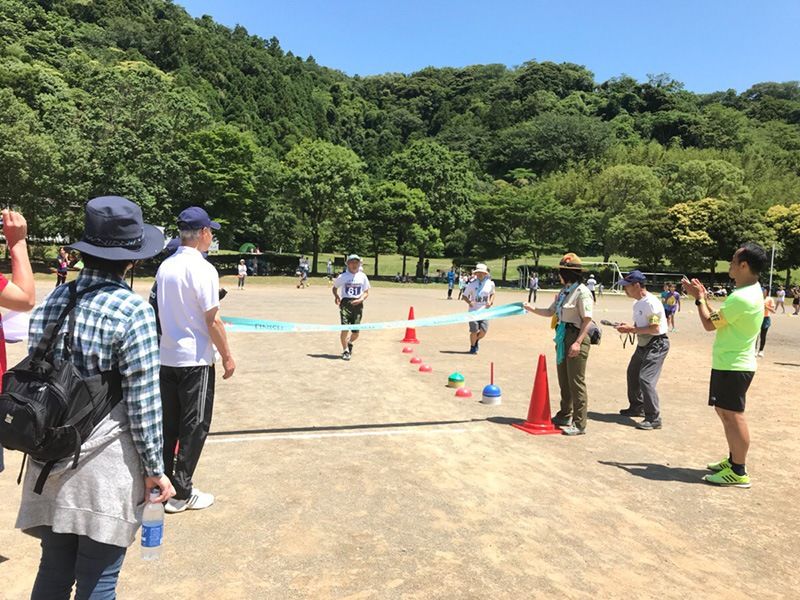
Making Japanese Friends: Slow and Steady Wins the Race
Lifestyle- English
- 日本語
- 简体字
- 繁體字
- Français
- Español
- العربية
- Русский
Hard to Make Friends?
I have been living in Japan for 18 years now. Time flew by, and before I knew it I turned 40. It is easy to lose track of time here. Japanese society runs smoothly, so I rarely feel stress. Efficiency and simplification are valued in the rhythms of Japanese lives, and there is a clear divide between work and private life. On weekends, singles pursue their hobbies and married people mainly spend time with their families. Apparently, in Japanese this is known as kazoku sābisu, or “family service.”
I have many friends who have lived in Japan for more than 10 years, and one subject that always comes up when we meet is, “How to make friends with Japanese people.” We regularly conclude by agreeing that it is difficult. One reason we can all identify with is that Japanese people express themselves ambiguously, dividing their true feelings (honne) from what they say just to be polite (tatemae). As foreigners, we lack sufficient Japanese ability and background knowledge to easily discern what they are really thinking. This is true for business relationships as well as friendships. After a lively and apparently highly positive business discussion, I have thought that everything was agreed, but then been disappointed when a colleague told me “It’s hopeless” after we left.
Although I am settled in Japan, with a child in elementary school, I still have problems becoming part of the local community. I am sometimes puzzled about what exactly the “local community” is. Perhaps there is no clear definition. But right now, the best thing I can do is show my face as much as possible at local events.
Running in Last
This year I once again took part in the local “marathon.” Although in Japanese it is called a marason, it is only three kilometers, on a course that goes four and a half times around the park. As well as the main race, there is a shorter race for elementary students, and there are awards for the fastest finishers in each age group. The event is sponsored by a local athletics group whose members average 72 years in age. Many of them are also active in other groups. It is a generous gathering of seniors who give up their own time for others and raise a sweat to help the area. Thanks to their efforts, the event receives support in the form of donations and volunteers from cultural groups, companies, supermarkets, clinics, and other local organizations.
Last year I was an ordinary runner, but this year for some reason, although a foreigner, I was given a special role as the last runner, accompanying the slowest participant. I was asked by a man in his sixties—let’s call him Mr. Okazaki—who filled the role last year. As he is a leader of my son’s boy scout group, it was difficult for me to refuse. Although I do not know him very well, I thought about it for a long time and then agreed.
 Warming up before the race begins.
Warming up before the race begins.
When I arrived at the park two hours before the start of the race, Okazaki rushed over to greet me. He bowed several times, saying, “I’m getting so old, I’m really glad you agreed to take over.” Based on his experience, he told me that it was necessary to keep the last runner in sight at all times. However, as that person was usually elderly and slow-moving, it was nothing to worry about.
The elementary school race was just 1,500 meters, with more than 100 children taking part, and was over in less than 10 minutes. All of a sudden, it was time for the main race. There were around 60 runners. I waited at the back, my role clearly marked on the front and back of my bib. An elderly man approached, bowed deeply, and greeted me. I realized that I would be running with him that day.
A Race Companion
The starting pistol fired. Cheers rose from both sides of the track, as a band of around 60 schoolchildren lined the route waving flags.
 A local group beats taiko drums to support the runners.
A local group beats taiko drums to support the runners.
As I had expected, the man who had approached me earlier set off at an extremely gentle pace. He had completed about one and a half circuits when the leader finished the race. After about 15 minutes, there were only the man and me still running. Observing his uncertain steps from behind, I worried whether he would be able to finish.
I wondered why he wanted to take part at his age, whether his children were concerned about him, and why they were not there with him.
Around the 20-minute point, we were surrounded by cries of “It’s the last lap! Keep going!” The younger runners, who had already finished, swelled the lines of supporters. The taiko drums continued to beat their encouragement and the cheers of elementary school supporters echoed under the beating sun.
When I asked if he wanted some water, the man refused with a wave of his hand. His face showed how deeply he was concentrating on the race. He was competing both with time and against himself. I felt my doubts dissolve within me and filled up with warm emotion.
In the final lap, we were both exhausted. We were no longer thinking about time. Everyone was holding their breath, waiting to see if the man would complete the race. I kept talking to him. “You’re nearly there. Don’t worry. Relax. Take slow breaths.” To the cheers of the crowd, the man crossed the finishing line. His time was 32 minutes.
Making Connections
When I went back to the rest area, several members of the organizing committee called out in my direction. Apparently, the runner wanted to speak to me.
He told me that he was 85 and, even more surprisingly, that he had had an operation on his leg a few days before. This meant that he was battling against pain as he ran. He squeezed my hands tightly as I saw the light reflect off the tears in his eyes.
“Let’s meet again next year,” I said. “I’ll run with you again.”
“Yes,” he smiled. “If nothing changes with me.”
He was awarded a special prize and given a bouquet of flowers.
As I watched him on the podium, Okazaki approached hesitantly and asked if I would act as the last runner again the following year.
“Of course!” I said. Okazaki smiled with relief and I felt happy too.
I think China and Japan are not really so different in the people’s views of life. Sometimes there is no need for words to make a personal connection.
(Originally published in Chinese on July 6, 2018. Banner photo: An 85-year-old runner is cheered on by elementary school students.)